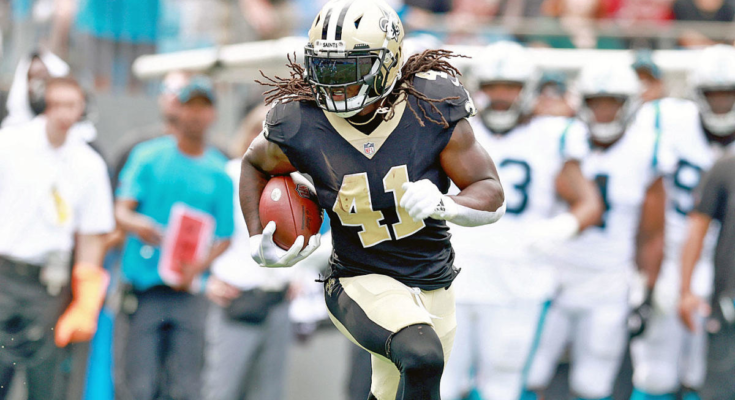Baseball league management hopes lockout ‘will jumpstart negotiations and get us to an agreement that will allow the season to start on time’
Associated Press
Major League Baseball plunged into its first work stoppage in a quarter-century when the sport’s collective bargaining agreement expired Wednesday night and owners immediately locked out players in a move that threatens spring training and opening day.
The strategy, management’s equivalent of a strike under federal labor law, ended the sport’s labor peace after 9,740 days over 26 and a half years.
Teams decided to force the long-anticipated confrontation during an offseason rather than risk players walking out during the summer, as they did in 1994. Players and owners had successfully reached four consecutive agreements without a work stoppage, but they have been accelerating toward a clash for more than two years.
“We believe that an offseason lockout is the best mechanism to protect the 2022 season,” baseball commissioner Rob Manfred wrote in a letter to fans. “We hope that the lockout will jumpstart the negotiations and get us to an agreement that will allow the season to start on time. This defensive lockout was necessary because the players’ association’s vision for Major League Baseball would threaten the ability of most teams to be competitive.”
Talks that started last spring ended Wednesday after a brief session of mere minutes with the sides far apart on the dozens of key economic issues. Management’s negotiators left the union’s hotel about nine hours before the deal lapsed at 11.59pm ET.
MLB’s 30 controlling owners held a brief digital meeting to reaffirm their lockout decision, and MLB delivered the announcement of its fourth-ever lockout – to go along with five strikes – in an emailed letter to the Major League Baseball Players Association.
“This drastic and unnecessary measure will not affect the players’ resolve to reach a fair contract,” said union head Tony Clark in a statement. “We remain committed to negotiating a new collective bargaining agreement that enhances competition, improves the product for our fans, and advances the rights and benefits of our membership.”
This stoppage began 30 days after Atlanta’s World Series win capped a complete season following a pandemic-shortened 2020 played in empty ballparks.
The lockout’s immediate impacts were a memo from MLB to clubs freezing signings, the cancellation of next week’s annual winter meetings in Orlando, Florida, and banishing players from team workout facilities and weight rooms while perhaps chilling ticket sales for 2022.
The union demanded change following anger over a declining average salary, middle-class players forced out by teams concentrating payroll on the wealthy and veterans jettisoned in favor of lower-paid youth, especially among clubs tearing down their rosters to rebuild.
“As players we see major problems with it,” said New York Mets pitcher Max Scherzer of the 2016 agreement. “First and foremost, we see a competition problem and how teams are behaving because of certain rules that are within that, and adjustments have to be made because of that in order to bring out the competition.”
Eleven weeks remain until pitchers and catchers are to report for spring training on 16 February, leaving about 70 days to reach a deal allowing for an on-time start. Opening day is set for 31 March, and a minimum of three weeks of organized workouts have been required in the past.
Management, intent on preserving salary restraints gained in recent decades, rejected the union’s requests for what teams regarded as significant alterations to the sport’s economic structure, including lowering service time needed for free agency and salary arbitration.
Many clubs scrambled to add players ahead of the lockout, committing to more than $1.9bn in new contracts – including a one-day record of more than $1.4bn Wednesday.
A union statement claimed the lockout “was specifically calculated to pressure players into relinquishing rights and benefits, and abandoning good-faith bargaining proposals that will benefit not just players, but the game and industry as a whole … We have been here before, and players have risen to the occasion time and again – guided by a solidarity that has been forged over generations.”
The union has withheld licensing money, as it usually does going into bargaining; cash, US Treasury securities and investments totaled $178.5m last 31 December, according to a financial disclosure form filed with the US Department of Labor.
{{topLeft}}
{{bottomLeft}}
{{topRight}}
{{bottomRight}}
{{/ticker}}
{{heading}}
{{#paragraphs}}
{{.}}
{{/paragraphs}}{{highlightedText}}
{{#choiceCards}}{{/choiceCards}}


